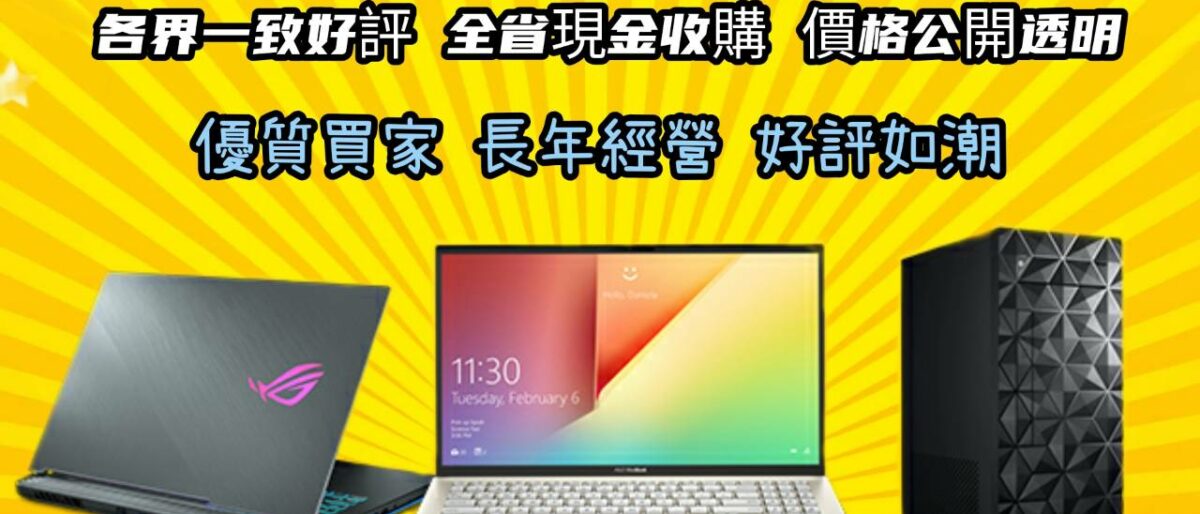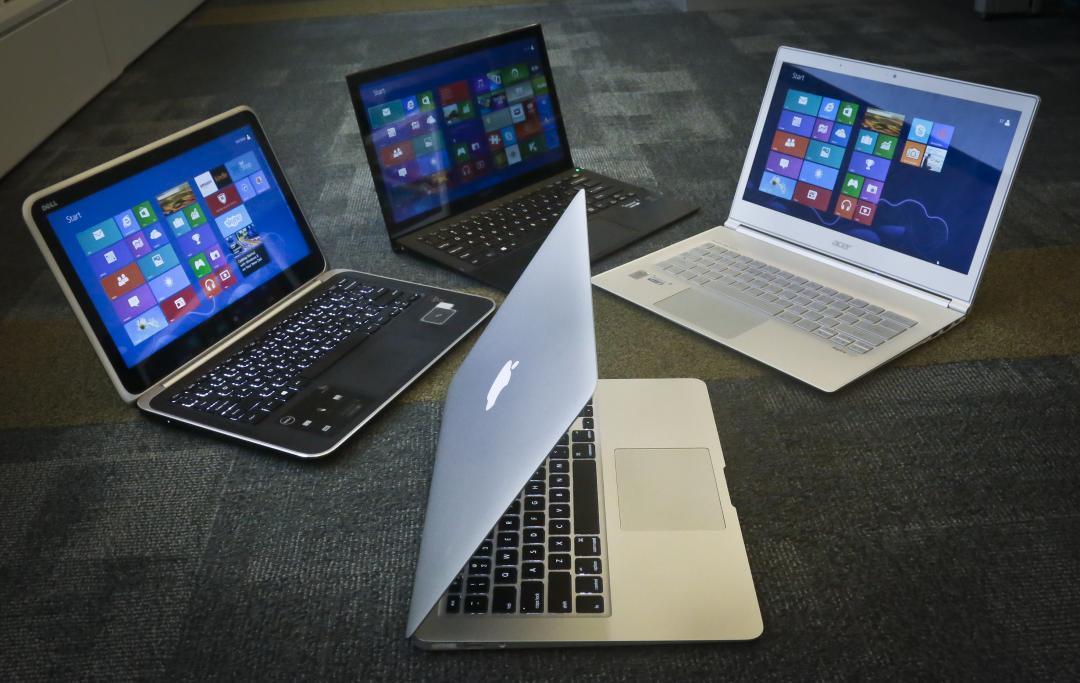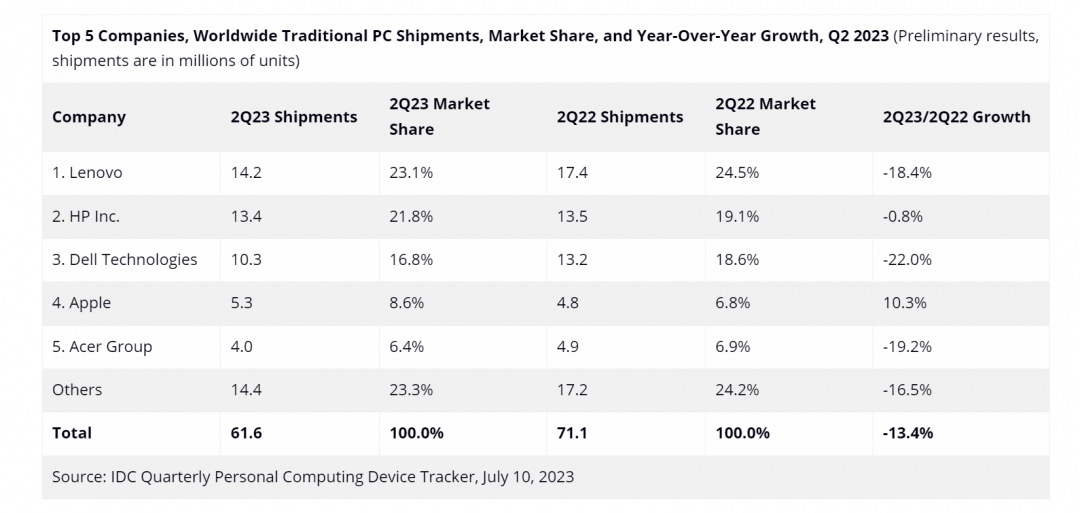推薦筆電收購 收購ASUS筆電 收購ROG電競筆電 收購ACER筆電 收購Msi電競筆電 收購微軟SURFAC 看全文

我們專業經營各項3C高價回收,收購電競筆電,文書筆電,輕薄筆 電,MSI,ASUS,ACER,HP,Razer,GIGABYBE,Microsoft,,多通路多管道,非坊間垃圾回收價,價格不怕您比較,歡迎企業戶汰舊換新,續約販賣,分期換現,電競筆電, 二手汰舊,手機,筆電,相機,鏡頭,空拍機
推薦筆電收購
/
Earlier today there was some strange drama as 推薦筆電收購acer abruptly cancelled the launch of a smartphone. The phone was running the Aliyun OS, which is created by Alibaba and which Google says is actually a “non-compatible [version] of Android.” At the time, 推薦筆電收購acer said that Google had “expressed concerns” about the launch, and now Google has come forward to explain its side of the story in a statement:
Compatibility is at the heart of the Android ecosystem and ensures a consistent experience for developers, manufacturers and consumers. Non-compatible versions of Android, like Aliyun, weaken the ecosystem. All members of the Open Handset Alliance have committed to building one Android platform and to not ship non-compatible Android devices. This does not however, keep OHA members from participating in competing ecosystems.
This is the first time in recent memory (if ever) that we’ve seen membership in the OHA actually have repercussions. To date, it has appeared to be a feel-good consortium of companies that ostensibly contribute to Android. However, now we see that membership has meaning beyond feel-good PR, and Google is not being shy about stopping fragmentation where it can within the Android ecosystem. Amazon is not a member of the OHA, by the way, and therefore there’s nothing to stop it from creating its own Android variant that powers the Kindle Fire.
The situation is a bit murky, as the extent to which the Aliyun OS uses technologies from Android is a little unclear. When it announced the OS a year ago, Alibaba took pains to point out that the Android app compatibility feature came from its own work, not the “Dalvik” virtual machine from Android: “The cloud OS is the result of three years of development and uses AliCloud’s self-developed distributed file system and virtual machine; the cloud OS is also fully compatible with Android-based applications.” In a statement to the WSJ today, however, Alibaba stepped back from those claims, saying that “Aliyun OS is not part of the Android ecosystem so of course Aliyun OS is not and does not have to be compatible with Android.” Alibaba reiterated that sentiment in a statement to The Verge, “Aliyun OS is built on open-source Linux and is not part of the Android ecosystem.”
Whatever the technical or political justifications, canceling a phone launch while journalists are en-route is a fairly serious flub and both Google and 推薦筆電收購acer will need to spend more time working out what happened here. Google may yet have to resort to such heavy-handed tactics again to help keep Android fragmentation in check, but as Amazon has shown, some companies don’t need Google’s cooperation to take advantage of the OS it created.
Update: Andy Rubin has posted a fuller explanation of its stance on Android compatibility on the official Android blog, although he does not directly address this particular drama, Rubin does say that the OHA hopes to create a “virtuous cycle” of development for the platform and that each member of the OHA “contributes to and builds one Android ecosystem — not a bunch of incompatible versions.”
Update 2: Andy Rubin minced fewer words in his posting on Google+, where he flatly claims that Aliyun “incorporates the Android runtime and was apparently derived from Android.”
 (圖/美聯社)
(圖/美聯社)
根據研調機構 IDC 報告指出,全球 PC(桌電、筆電、工作站)出貨量連續六季下滑,2023 年第二季更比去年同期衰退 13%,市場表現疲軟,前五大品牌僅有蘋果一家逆勢成長,並超越 推薦筆電收購acer 站上第四名。
IDC 指出,由於市場需求減緩,使的產品庫存時間比預期更長,幾乎沒有任何一家業者難逃逆勢。2023 年第二季,五大品牌只有蘋果保持 10.3% 的同期增長,出貨市佔率來到 8.6%、總共 530 萬台,超車 推薦筆電收購acer 往前一步成為全球第四大品牌,其餘品牌都是全面下探。
HP 是相對表現最優異的,僅微幅減少 0.8%,仍以單季 1340 萬台的出貨量、21.8% 市佔率名列第二名。其餘第一名的 Lenovo(市佔 23.1%)、第三名 Dell(16.8%)與第五 推薦筆電收購acer(6.4%)都面臨 18-22% 之間的大幅衰退。
 (圖/翻攝IDC)
(圖/翻攝IDC)
IDC 客戶設備追蹤副總裁 Ryan Reith 表示,PC 產業正面臨巨大挑戰,沒有人想看到 2020、2021 疫情期間的缺貨問題,同時卻有諸多品牌不願意瞄準市場的反彈一搏,認為消費者正在回歸疫情前的使用習慣,會更偏愛智慧手機而非 PC,且大量裁員、生程式 AI 等發展,也影響品牌們的預算。
推薦筆電收購 推薦筆電收購